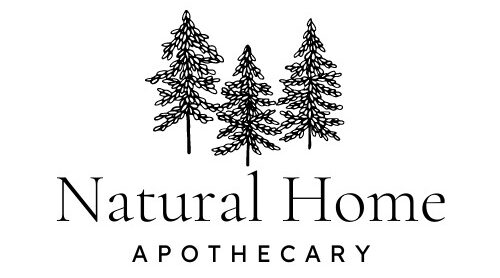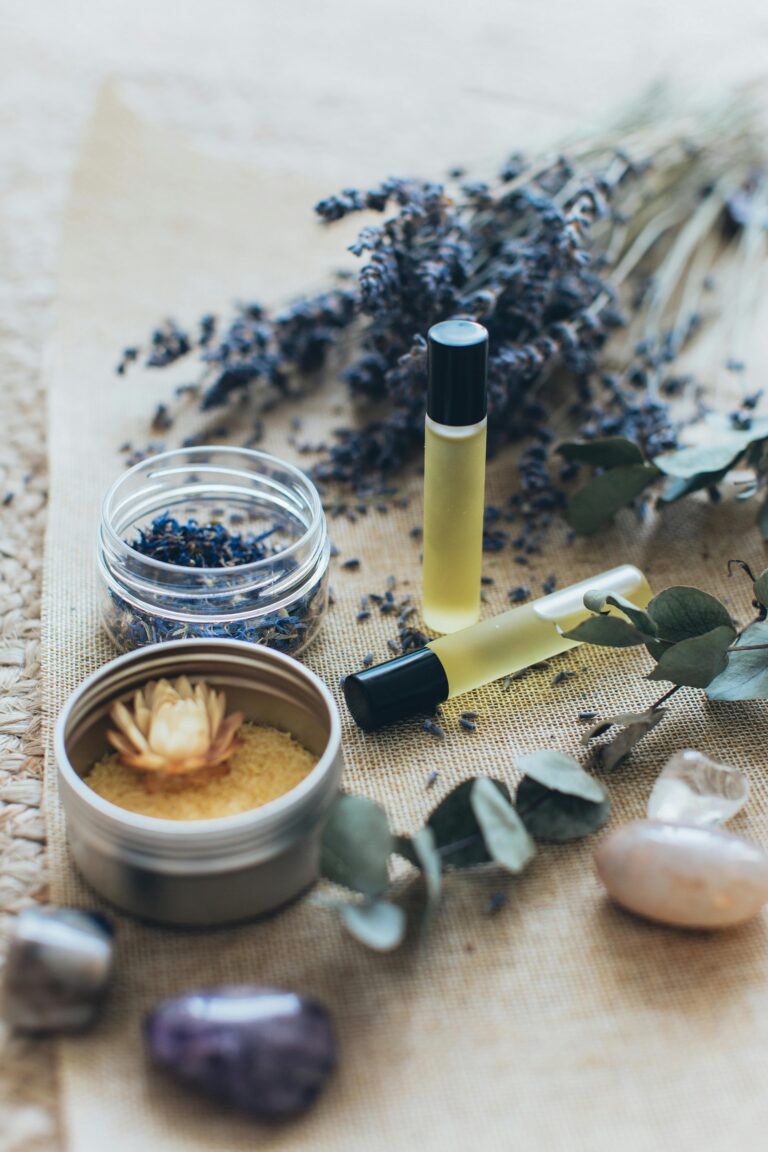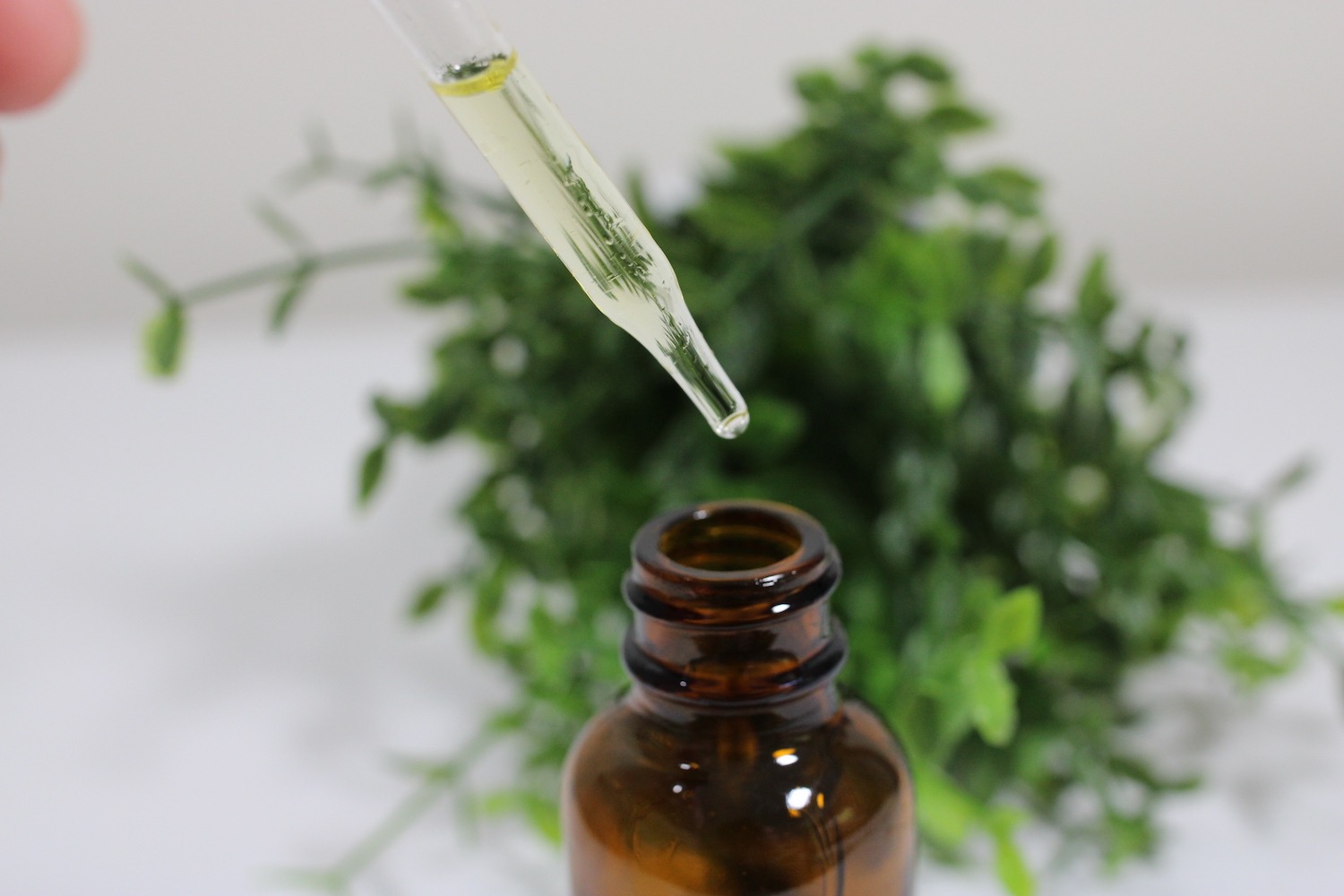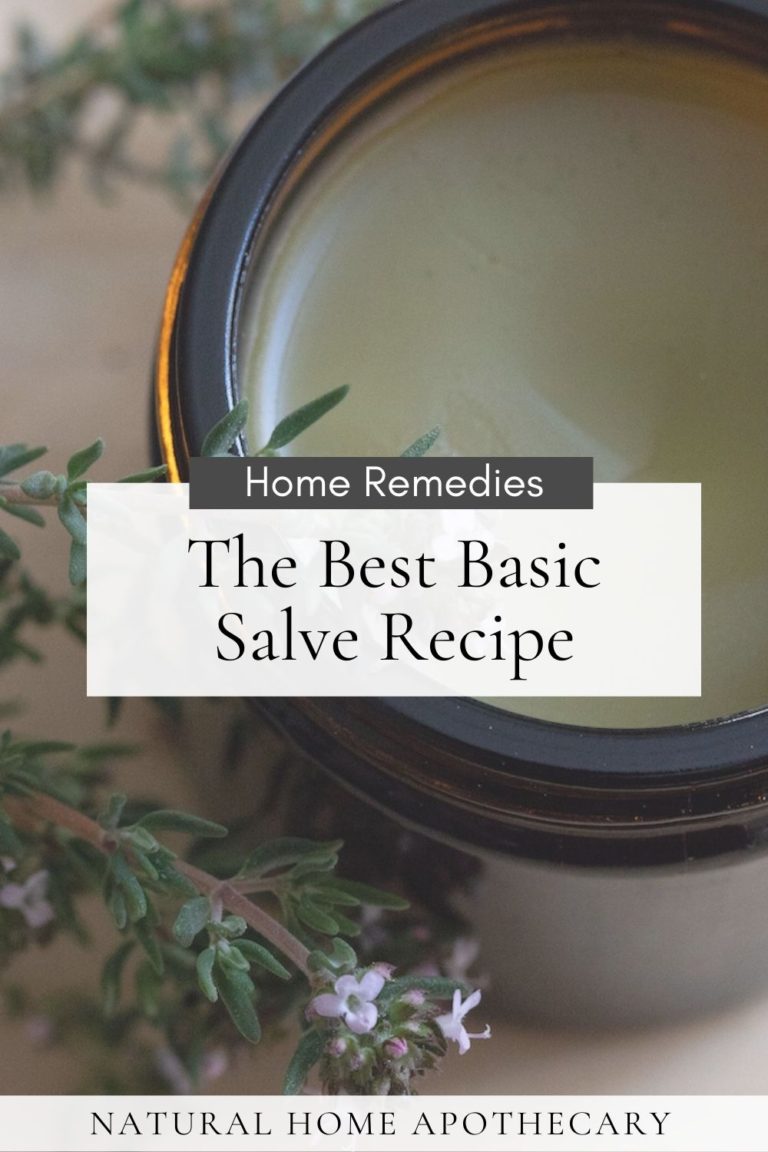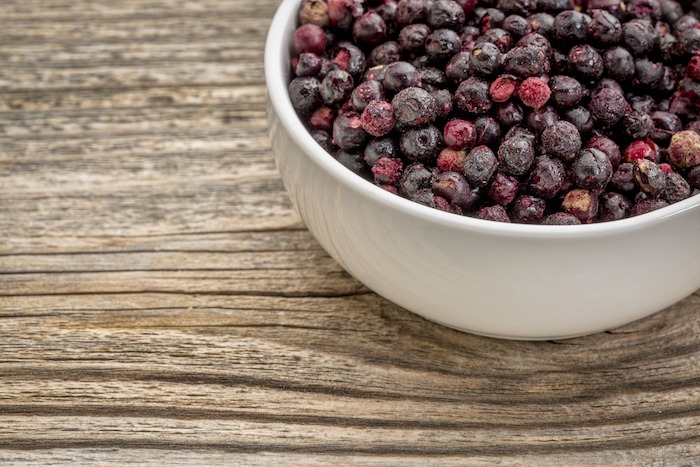A comprehensive look into clover honey vs wildflower honey, its uses, health benefits, similarities and differences.

Have you ever stood in the honey aisle of your local grocery store, pondering over clover honey or wildflower honey? I’ve definitely been there myself. Let’s take a deep dive into the world of raw honey, exploring its taste and the myriad of health benefits.
What is Clover Honey?
Clover honey, the honey world’s darling, is the most common type you’ll find in stores.
Produced by honey bees feeding on clover flowers and clover plants, it’s renowned for its mild, sweet, and floral flavor, evoking memories of sunny, carefree days.
Health Benefits of Clover Honey
Clover honey, known for its mild, sweet taste, is more than just a culinary delight. It’s a health-promoting treasure, offering numerous benefits backed by both traditional practices and modern research.
Let’s explore the various ways in which clover honey can contribute to your health and well-being.
Rich in Antioxidants
First and foremost, clover honey is an excellent source of antioxidants. These compounds are vital for protecting the body against damage from free radicals linked to chronic diseases and aging. Antioxidants in clover honey, such as flavonoids and phenolic acids, help neutralize these harmful free radicals, promoting overall health and wellness.
Antibacterial and Antifungal Properties
One of the most remarkable characteristics of clover honey is its natural antibacterial and antifungal properties. This makes it an effective remedy for various infections.
It can inhibit the growth of unwanted bacteria and fungi, making it a natural and safe alternative to traditional medications for minor ailments.
Soothing Sore Throats and Coughs
Clover honey is a classic natural remedy for soothing sore throats and coughs. Its smooth texture coats the throat, providing instant relief from irritation and cough spasms.
The honey’s antibacterial properties also help reduce infection, while its sweetness can trigger saliva production, which helps soothe the throat.
Wound and Burn Healing
Traditionally, raw honey has been used for wound healing, and clover honey is particularly effective. Its antibacterial properties prevent infection in wounds and burns, while its anti-inflammatory nature helps reduce swelling and pain. Additionally, the moist environment created by honey promotes faster healing and prevents scarring.
Digestive Health
Clover honey can also play a role in promoting digestive health. It’s known to help with issues like bloating and mild constipation. Its prebiotic properties support the growth of beneficial bacteria in the gut, which is essential for proper digestion and overall gut health.
Skin Care
The benefits of clover honey extend to skin care as well. Its antibacterial and anti-inflammatory properties make it an excellent natural remedy for acne and other skin irritations. When used as a face mask or in homemade skincare treatments, clover honey can hydrate the skin, leaving it soft and glowing.
Managing Diabetes
While honey is a sugar and should be consumed in moderation, especially by people with diabetes, clover honey has a lower glycemic index compared to regular sugar. This means it doesn’t spike blood sugar levels as rapidly, making it a safer alternative for those monitoring their blood sugar levels.
Natural Energy Source
Like other types of honey, clover honey is a natural energy booster. It provides a quick source of carbohydrates, offering a rapid supply of energy, which is particularly beneficial for athletes or those needing a natural boost in their daily activities.
Supporting Sleep
Clover honey can also be beneficial in promoting restful sleep. Adding a spoonful of clover honey to a cup of warm milk or herbal tea in the evening can help the body release melatonin, the hormone responsible for regulating sleep. This makes it a helpful natural remedy for those with sleep disturbances.
Clover honey is a powerhouse of health benefits. Packed with antioxidants, it helps combat free radicals in the body, contributing to overall health and aging. It’s also an effective antibacterial agent, perfect for soothing sore throats and aiding in wound healing.
Clover Honey in Home Remedies and Cooking
In the kitchen, clover honey is a versatile star. Ideal for sweetening tea or as a topping, it also shines in home remedies. Its mild flavor is perfect for homemade cough syrups or skin balms. Mixing it with ginger and lemon creates a potent natural remedy for colds.
What is Wildflower Honey?
Wildflower honey, made by bees collecting nectar from various wildflowers, offers a taste that can vary from batch to batch – sometimes sweet, sometimes tangy, always exciting.
Health Benefits of Wildflower Honey
When we talk about wildflower honey, we’re discussing a natural product that is as varied as the wildflowers it comes from. This variety, often called polyfloral honey, is not just a bonus for your taste buds; it’s a potent source of health benefits. Let’s dive into the myriad of ways wildflower honey can contribute to your well-being.
Allergy Relief
One of the most celebrated benefits of wildflower honey, particularly when sourced locally, is its potential to provide allergy relief. The idea is that by consuming raw honey made from the local flora, you’re gradually introducing your body to the pollen that triggers allergies. Over time, this can help build up your tolerance and reduce allergic reactions. While it’s not a cure-all, many people report fewer symptoms during allergy seasons after incorporating local wildflower honey into their diets.
Rich in Antioxidants
Wildflower honey is packed with antioxidants. These natural compounds play a crucial role in protecting your body from oxidative stress, linked to chronic diseases, including heart disease and certain types of cancer. The antioxidants in honey, like flavonoids and phenolic acids, vary based on the combination of flowers used by the bees, meaning wildflower honey can offer a unique and potent antioxidant profile.
Immune System Support
Regular consumption of wildflower honey may bolster your immune system. Its antibacterial and antifungal properties help fight infections, while its antioxidant content aids in combating free radicals in the body. This makes it an excellent natural remedy to include in your diet, especially during cold and flu seasons.
Digestive Health
Wildflower honey is also known for its benefits to digestive health. It can act as a prebiotic, feeding the beneficial bacteria in the gut, which is crucial for overall health, including a strong immune system and effective digestion. Some people find that consuming honey helps ease digestive issues like bloating and constipation.
Skin Health
Externally, wildflower honey can work wonders on your skin. Its antibacterial properties make it an excellent natural remedy for acne. Its soothing, moisturizing qualities can also help treat dry skin conditions and enhance your skin’s overall appearance. You can use it as a face mask or in homemade skincare recipes for a natural glow.
Energy Booster
Wildflower honey is an excellent source of natural carbohydrates, providing a quick energy boost. This makes it an ideal natural sweetener for athletes or anyone needing a quick pick-me-up during the day. Unlike refined sugar, the natural sugars in honey come with beneficial compounds like vitamins, minerals, and antioxidants.
Wound Healing
Historically, honey has been used for wound healing, and wildflower honey is no exception. Its antibacterial properties help prevent infection, while its anti-inflammatory effects reduce swelling and pain. Honey’s natural viscosity forms a protective barrier on wounds, aiding in the healing process.
Soothing Sore Throats
Wildflower honey is a time-honored remedy for soothing sore throats. Its smooth, thick texture coats the throat, offering immediate relief. At the same time, its antibacterial properties help fight the infection causing the soreness.
Wildflower Honey in Cooking and Tea Infusions
For culinary enthusiasts and tea lovers, wildflower honey is a treasure. Its complex flavors enhance dressings, marinades, and herbal teas. It’s also a perfect ingredient for a calming nighttime chamomile tea infusion.
Different Types of Honey and Their Benefits
Acacia Honey
Acacia honey, known for its clear, almost transparent color, offers a mild taste. It’s excellent for sweetening without overpowering other flavors and is reputed for its therapeutic qualities, particularly in regulating digestion and soothing the respiratory system.
Buckwheat Honey
Darker and richer in antioxidants than lighter varieties, buckwheat honey is robust and full-bodied. It’s particularly effective in treating coughs and can be a more potent antioxidant source than some fruits and vegetables.
Orange Blossom Honey
With its distinctive citrus scent and slightly tangy flavor, orange blossom honey is a favorite in both culinary and natural remedy circles.
Its bright, fruity notes make it a delightful addition to desserts and teas, and its calming properties are beneficial for soothing anxiety and promoting sleep.
Tupelo Honey
Tupelo honey is a premium variety primarily sourced from the Southeastern United States. It’s known for its buttery smoothness and resistance to crystallization.
High in fructose, tupelo honey offers a balanced, sweet flavor, perfect for sweetening without overpowering.
Manuka Honey
Sourced from New Zealand, manuka honey is renowned for its potent medicinal properties. It’s used extensively for wound healing, soothing sore throats, and improving digestive issues. Its high antibacterial activity, different from other honey types, makes it a sought-after natural remedy.
Lavender Honey
With its delicate floral scent and hints of lavender’s herbal notes, lavender honey is a treat for the senses. It’s known for its stress-relieving properties and is often used in relaxation and sleep-inducing remedies.
Understanding Monofloral vs. Polyfloral Honey
Monofloral Honey
Monofloral honey, like acacia, orange blossom, and manuka, is made primarily from the nectar of one type of flower. This gives it a distinct flavor and properties unique to the nectar source.
Monofloral honeys are often sought after for their specific taste and health benefits.
Polyfloral Honey
Polyfloral honey, like wildflower, is made from the nectar of many different types of flowers. This results in a complex flavor profile that can vary significantly from one batch to another.
Polyfloral honeys are celebrated for their diverse and robust flavors.
Honey Taste, Texture, and Color
Honey Taste Variations
Clover honey offers a consistently sweet, floral taste, making it a versatile favorite. Conversely, wildflower honey can vary from sweet to tangy, providing a unique tasting experience every time.
Texture and Consistency
Clover honey is known for its smooth, even texture, making it a great choice for a variety of culinary uses. Wildflower honey’s texture can range from smooth to crystalline, depending on the blend of nectars.
Color Spectrum
Clover honey typically has a light, golden color, indicating its mild flavor. Wildflower honey can range from light gold to a deep amber, reflective of the flowers the bees visit.
Home Remedies with Honey
Both clover and wildflower honeys are excellent for home remedies. With its gentle properties, Clover honey is perfect for soothing sore throats and minor wounds. Wildflower honey, with its diverse floral sources, is effective in allergy relief and immune-boosting concoctions.
How to Choose the Right Honey for Your Needs
Deciding between clover honey vs wildflower honey depends on personal preferences in taste, intended use, and specific health needs.
Clover honey is ideal for those who prefer a consistently sweet and mild flavor, while wildflower honey is perfect for those who enjoy a more robust and varied taste experience.
Whether you lean towards the classic clover or the adventurous wildflower, there’s a world of natural sweetness and health benefits to be discovered in each jar.
Pin It For Later!

